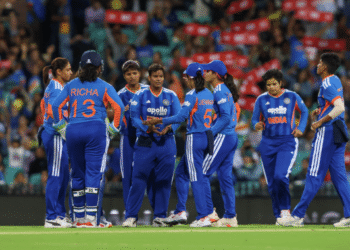Eight out of Odisha’s seventeen public universities remain unaccredited by the National Assessment and Accreditation Council (NAAC), raising concerns over their eligibility for state and central funding as the National Education Policy (NEP) 2020 implementation nears.
Higher Education Minister Suryabanshi Suraj informed the Assembly about the issue, emphasizing that these universities risk missing out on financial support, research projects, and infrastructure upg
Your Content Goes Here
rades mandated by NEP guidelines.
NAAC Accreditation: A Must for NEP Compliance
With NEP 2020 focusing on quality education and institutional excellence, NAAC accreditation is crucial. Universities without it may face exclusion from government grants, limiting their development and academic competitiveness.
The Higher Education Department warned that NAAC scores would directly impact a university’s ability to meet NEP targets, affecting student outcomes and the institution’s reputation.
The list of unaccredited universities includes:
Shree Jagannath Sanskrit University, operating with only 20 faculty against 45 sanctioned posts, facing exam delays and administrative overload.
Maa Manikeswari, Rajendra, Vikram Dev, Dharanidhar, MS Law, and Odia University, along with two newly established universities struggling with staff shortages and operational issues.
Notably, Odia University, formed two years ago, and newer institutions like Maa Manikeswari University are still battling basic infrastructure and faculty shortages.
In contrast, established universities such as Utkal, Berhampur, Ravenshaw, and Sambalpur have successfully renewed their NAAC accreditation. Rama Devi Women’s University and Odisha State Open University also secured first-time accreditation in 2023.
Authorities have stressed the urgent need for these institutions to pursue accreditation to avoid funding cuts and ensure alignment with NEP goals.





























